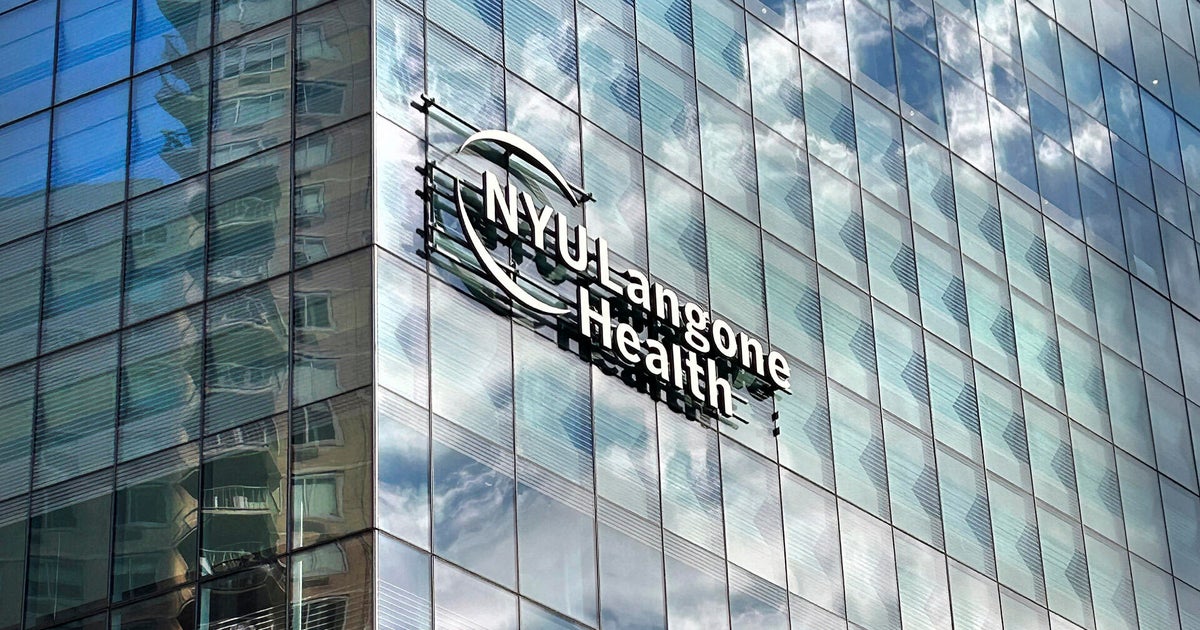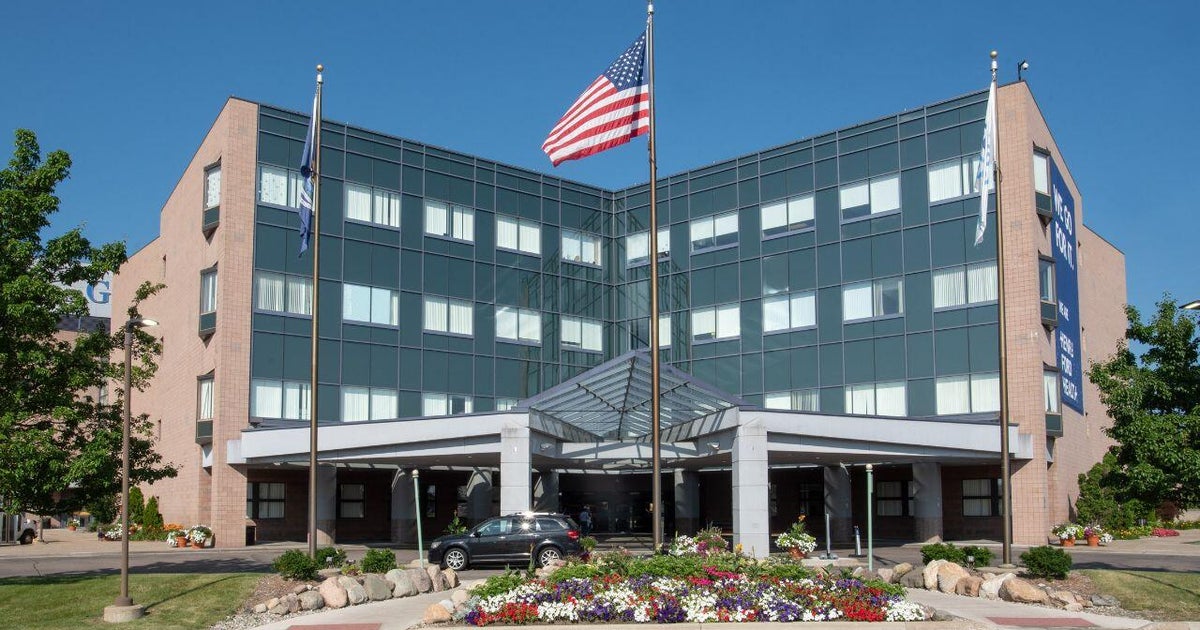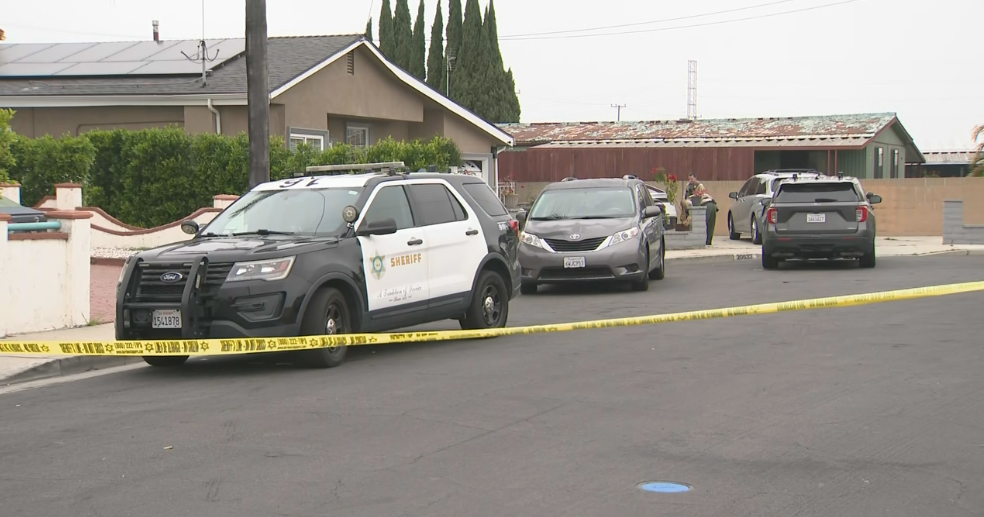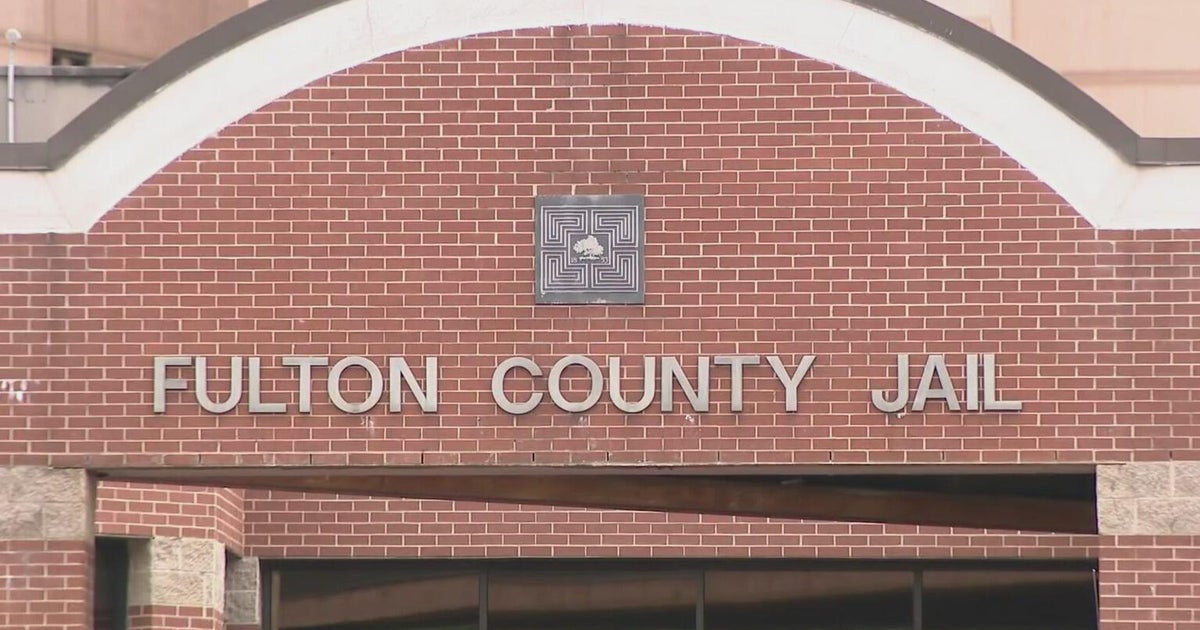Denver Health begins offering elective abortions
As Colorado abortion providers continue to care for out-of-state patients, Denver's oldest hospital has stepped in to help meet the demand. Denver Health has always provided medically necessary abortions, but now they're offering elective abortions.
Dr. Spencer McClelland is the Medical Director of Denver Health's new Reproductive Choice Clinic.
He says the reversal of Roe v. Wade accelerated a conversation on elective abortions the hospital was already having.
"Denver Health's mission is to take care of the most vulnerable patients in our population. Given that abortion restrictions tend to affect those patients the most, we felt that it was worth taking a look at whether our mission was being fully met until we started providing that service as well," said McClelland.
McClelland says abortion care in the area has become strained, and Denver Health could no longer rely on the availability of clinics around them to treat their patients.
Colorado abortion providers have been feeling the impact of neighboring states' new restrictions.
According to Planned Parenthood, the number of out-of-state patients they see for abortion care in Colorado has tripled. Right now, about 35% of their abortion patients are coming from out of state.
The influx of abortion care created a ripple effect, impacting other health services at some providers. McClelland says the women's care long offered at Denver Health won't suffer.
"When we thought about offering our abortion clinic, we made sure that we were looking at the balance of all the other services that exist within OB/GYN and how to maintain those under current volumes. We haven't seen an issue providing our other routine services," said McClelland.
RELATED: Virtual visits for abortion care increase in Colorado
The cost of an abortion at Denver Health is comparable to other abortion providers in the area.
With the help of groups like Cobalt, an organization that helps women with barriers to abortion access, McClelland says their patients have had to pay little or nothing for procedures.
The Cobalt Abortion Fund provides direct financial assistance to individuals seeking abortion care, from procedure funding to travel assistance. It's 100% donor-funded.
"What happens is someone will call a provider and say they've got an appointment and need help paying for it. Then they reach back to us for financial support. What we do is patient-driven and we work with numerous providers within the Rocky Mountain region," said Laura Chapin with Cobalt.
Colorado's constitution prohibits the use of state funds for abortion care.
Women who get their health insurance through a state or government employer and those who receive Medicaid coverage can't rely on their insurance to cover any portion of the cost of abortion care. They must pay for the entire cost of care themselves.
"How patients pay for it is separate from funds for the hospital. This is a self-pay service," explained McClelland. "It's not covered by most insurances, and particularly by Medicaid, which is the insurance that most of our patients have."
McClelland says Denver Health has received a lot of support outside the hospital for its Reproductive Choice Clinic.
However, pro-life organizations like Colorado Right To Life say the clinic is nothing to celebrate.
In a statement to CBS News Colorado, CRTL President Will Duffy writes:
"Denver Health has a Labor & Delivery Unit, where they do everything they can to keep their patients' unborn babies alive before, during, and after birth. In that part of the hospital, they know the fetus is a unique human being whose life is worthy of protection at all costs. Now that Denver Health is doing abortions in another section of the hospital, they are without excuse. The same tiny human beings in the womb that they refer to as a baby in one part of the hospital, are now going to have their lives ended in a different area of the hospital. And they will not call them a baby in that area, so as to not remind everyone involved of the reality of what they are doing. This is tragic and nothing to be celebrated."
While patients at Denver Health aren't required to live in the state, Denver Health says most patients at the clinic are already registered in their system. They say that speaks to a need in the community not being met.
The clinic is open one day a week and offers abortion procedures through 11 weeks of pregnancy.
McClelland says they've already begun discussions on how to expand.








